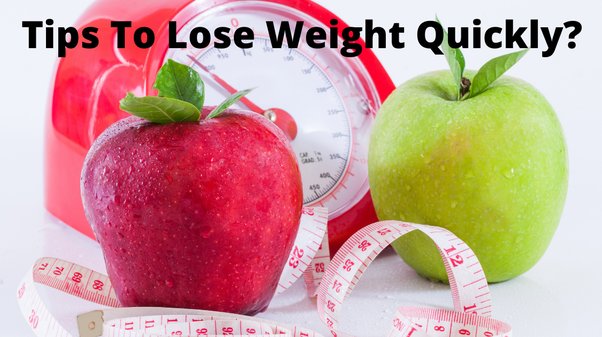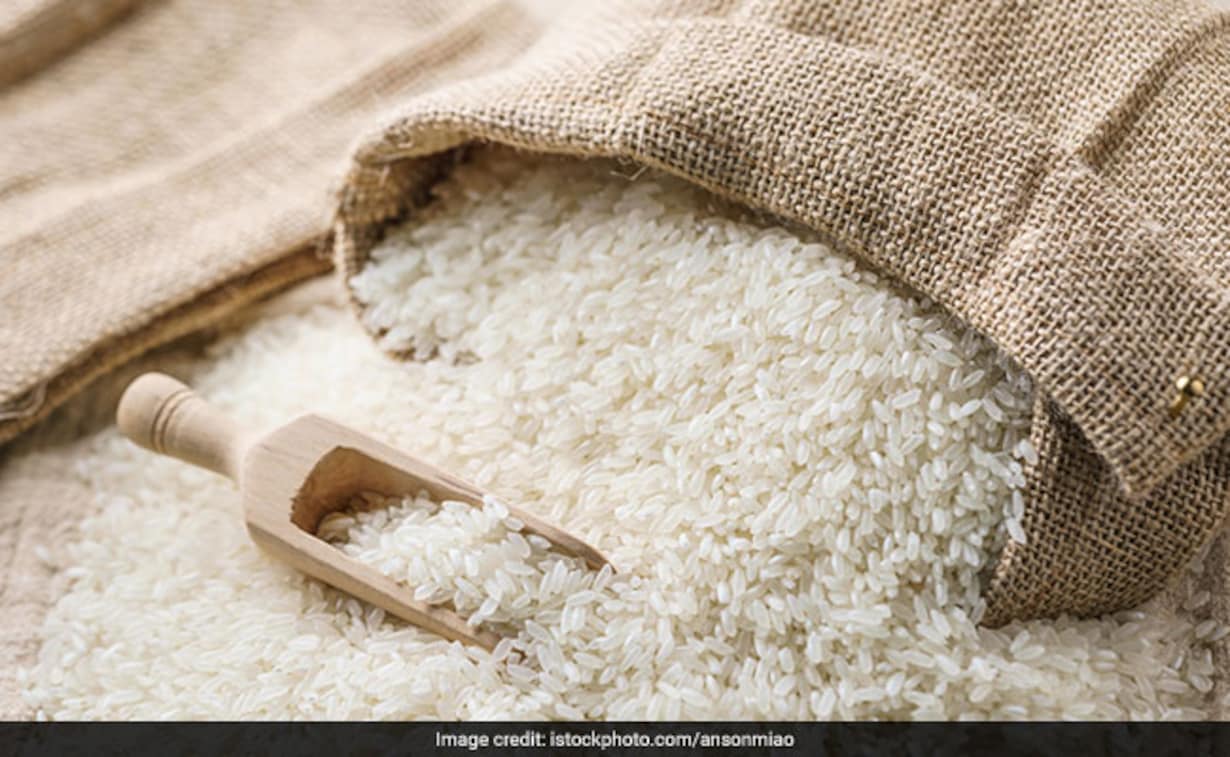
Did you know that eating breakfast can help you lose weight. Research has shown that eating breakfast can help you lose calories. If you eat a low-calorie breakfast, you'll probably experience cravings later in the day. A higher intake of calories at breakfast can help you lose weight and burn more calories. It's a well-known fact, that breakfast should provide at least half your daily calories. What should you be eating? These guidelines will help you make a decision.
Eat a high-protein breakfast
A high-protein breakfast is a great way to start the day. The first meal of the day represents about a third of the daily calories you consume. A high-protein breakfast is a great way to curb your appetite and maintain a healthy calorie count throughout the day, according to studies. Overeating and unhealthy eating can be caused by skipping breakfast. A high-protein breakfast is particularly helpful if your goal is to lose weight or maintain muscle mass.

A high-fiber breakfast is recommended
High-fiber breakfasts are a good way to begin your day if it's your goal to lose weight. Try making something from Men's Health's Cookbook instead of going to the drive-thru restaurant for a quick breakfast. A breakfast sandwich can provide you with more fiber and protein, as well as a reduced likelihood of overeating during the day. For more information, contact Gabrielle Tafur, a registered dietitian in Orlando, Florida.
Oats, oats
When is the best time to eat oats for breakfast to lose weight? Your metabolism will determine whether breakfast should be eaten in the morning or in the afternoon. If you're prone to late snacking, breakfast in the afternoon can be an added bonus. You can eat oatmeal for breakfast, which is low in calories and high in fiber. It will help you stay on a weight loss plan.
Consume egg whites
It is possible to reduce the amount of calories and fat in your breakfast by eating egg whites rather than whole eggs. Egg whites are a great source of protein and are very low in saturated fat. You may feel fuller for longer if you eat an egg white. Egg whites don't contain any cholesterol. You should avoid whole eggs. They contain cholesterol, and can increase your risk for heart disease.

Oat bran
A great way to lose weight without sacrificing flavor and nutrients is to incorporate oat bran in your morning meal. Oat Bran can be purchased in most health food stores, or online. You can microwave or heat it up on the stove. Drink water with this nutritious food to increase weight loss.
FAQ
Is there a difference between intermittent fasting, calorie restriction, and intermittent fasting?
Calorie restriction refers to eating less than what your body requires. Intermittent fasting differs from other types of intermittent fasting in that it does not restrict calories. It focuses on eating fewer calories during the day.
Intermittent fasting can be more effective as it allows you to eat the foods you love and not feel guilty.
However, both methods have their pros and cons. You will need to decide which method is best for you.
How long does a weight loss process take?
It takes time and effort to lose weight. It usually takes six months to lose 10% of your total weight.
You should not expect to lose weight overnight. Your body takes time to adapt to new diets.
This means that you should gradually change your diet over several days or weeks.
You should also stop trying fad diets. They don't work. Instead, change your daily routine.
If you are a regular shopper of unhealthy snacks, it is a good idea to stop.
Instead, you should eat healthier meals earlier in the evening. This will prevent you from snacking late at night.
Drinking water throughout the day is also important. Water helps to keep your body hydrated and prevents dehydration. Dehydration can cause you to feel tired and sluggish.
It is important to drink plenty of water throughout each day to stay energized.
Finally, you should reduce stress levels by doing things that relax you. You could spend quality time with your loved ones.
You can also listen to music or read books.
These activities can help you relax from stressful situations. They can also help improve your moods and self-esteem.
So, when you're trying to lose weight, you should always think about your health first.
Your physical fitness is an indicator of overall health. Proper nutrition and regular exercise are essential to staying fit.
How long do I need to fast for weight loss?
The answer isn't as easy as it seems. It is important to take into account a number of factors when deciding the optimal days for fat loss. These factors include:
-
Your age. If you are younger than 40, intermittent fasting might be too difficult because you have less time for recovery after each fast. You may not have enough energy for a sustained period of daily fasting if you are older (over 60).
-
Your current body composition. Your current body composition. If you have a lot more muscle mass than you need, then you will likely be more successful with longer fasting periods. You may find shorter fasting more beneficial if your muscle mass is low.
-
How physically active. If you exercise regularly, you may need to extend your fasting window to ensure that you still get adequate rest between workouts.
-
Your health history. Additional fasting monitoring may be required for certain medical conditions such as diabetes or heart disease.
-
How well do you tolerate stress? Stress can often lead to us eating more. To avoid this, you might want to increase the lengths of your fasting window.
-
What type of diet do you follow? Certain diets, like ketogenic diets, may require even longer fasting periods.
-
The quality of sleep you receive. A decreased quality of sleep can also be linked to decreased appetite and metabolism. It might take some time to find what works best for your needs.
-
The amount of protein you consume. Consuming more protein helps to stabilize blood sugar levels. This could lead to lower insulin levels. This would allow you to fast for longer periods of time.
-
Whether you're trying to gain or lose weight, people who are trying to gain weight usually require longer fasting periods than those who are trying to lose weight.
-
How many calories do you consume in your fasting windows? Fasting fewer calories per day may result in greater fat loss than fasting for more calories per day.
-
Your overall fitness level. Faster people are more likely to be fit, and burn more calories during the day.
-
Your gender. Men tend to have greater appetites that women, so they may need a longer fast. Women tend to have smaller appetites so they might only need to fast for 20-30 minutes each morning.
-
Your lifestyle. Are you someone who does a lot of exercise? Do you work out several times a week? Do you have a job that requires you to sit at a desk all the time? All of these things can affect the amount of time you should fast.
-
How much money do you spend on food? It doesn't always mean that you should spend a lot of money on groceries if you eat healthy foods. Whole grains are better than white bread and whole fruits are better than candy bars. Lean meats can also be saved.
-
You need to be able to control your hunger. You may not have to fast as often if it is important to eat regularly.
Are there any side effects of intermittent fasting?
Intermittent fasting does not have any known side effects. If you don't plan well, you may experience minor issues.
If you skip breakfast, your day might be interrupted by irritability. It is possible to experience headaches and muscle cramps.
These symptoms usually resolve within a few weeks.
Statistics
- One 6-month study showed that simply doing 11 minutes of strength-based exercises 3 times per week resulted in a 7.4% increase in metabolic rate, on average. (healthline.com)
- According to a study sponsored by the American Council on Exercise, a person weighing around 140 pounds (64 kg) would burn 108 calories at a 30-minute beginner's Pilates class or 168 calories at an advanced class of the same duration (26). (healthline.com)
- According to Harvard Health, it's estimated that a 155-pound (70-kg) person burns around 167 calories per 30 minutes of walking at a moderate pace of 4 mph (6.4 km/h) (5). (healthline.com)
- According to Harvard Health, it's estimated that a 155-pound (70-kg) person burns roughly 112 calories per 30 minutes of weight training (5). (healthline.com)
External Links
How To
How to exercise for weight loss
One of the best ways you can lose weight is to exercise. Many people do not know how they should exercise. Exercise should include cardio exercises such as running, cycling, swimming, walking, etc., and strength training exercises such as lifting weights, making pushups, pull-ups, squats, lunges, etc. Combine these two types together to lose weight. Begin exercising by finding friends to help you. You can go to a gym, or you can just take a walk around the neighborhood. No matter what type of exercise you choose, it is important to stick with it. It's easy not to stick with a routine when you first start working out. Keep going!